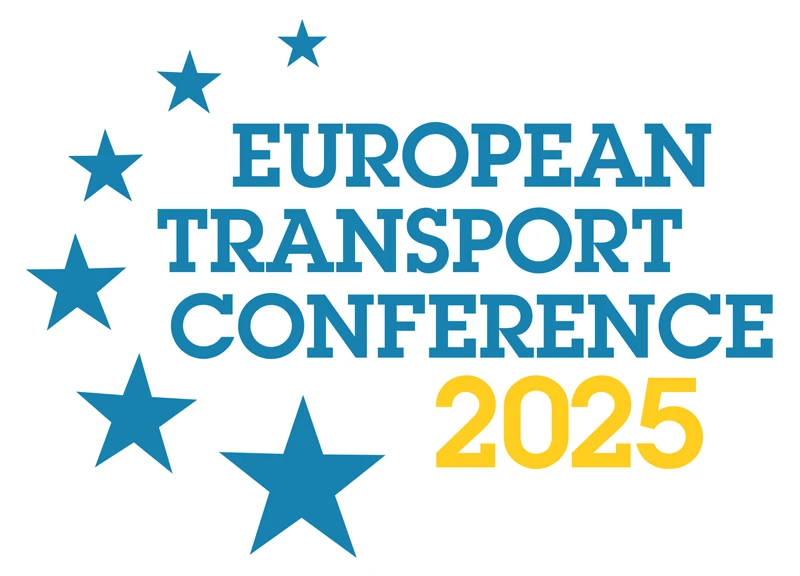-
Past ETC Papers

Browse, search and view papers from the past AET Conferences.
-
Members' Area

AET promotes networking and exchange of ideas, information and opportunities amongst members.
Conference Papers 2019
Dublin, Ireland
ETC Conference Papers 2019
An Evaluation Of Cycling Safety In Dublin City
Seminar
Day 2 (10 Oct 2019), Session 6, Cycling, 14:00 - 15:30
Status
Accepted, awaiting documents
Submitted by / Abstract owner
Niamh O'Reilly
Authors
Niamh O Reilly
Dr Brian Caulfield
Dr Eugene Mc Govern
Short abstract
Develop a framework to reduce numbers of cyclist collisions and improve safety for cyclist through identification and evaluation of areas with a high incidence of cyclist collisions.
Abstract
Cycling as a mode of transport offers many benefits ranging from health and well-being, to sustainability and the environment. Over the last decade, Dublin city has experienced a huge increase in cyclist numbers, but at the same time the numbers of cyclist related collisions have also increased. If the government’s aim to significantly increase cyclist numbers by 2020, is to be achieved, then it is essential that the numbers of cyclist related collisions significantly reduces. This requires interventions based on informed decisions, these require reliable information about cyclist collisions, and in-depth understanding of the infrastructure and road user behaviour.
This overall aim of this research is to develop a risk assessment collision framework to reduce numbers of cyclist collisions and improve safety for cyclist through identification and evaluation of areas with a high incidence of cyclist collisions from which preventative measures as adopted internationally will be proposed specifically to reduce the risk of collisions and improve road safety for cyclist.
To achieve this aim the research has identified hot spot areas where higher numbers of cyclist collisions occur using existing cyclist collision data provided from the Road Safety Authority RSA. A more in-depth study of some of these hot spot areas has been undertaken using state of the art surveying technologies including Laser scanning instruments and drones, capable of measuring X, Y, Z co-ordinate information that can be used to create an accurate 3-D model of the area which can be used for further road safety assessment.
Not all cyclist collisions are reported to the Gardaí, the research examines how and why cyclist collisions are reported. A cycling safety an online survey has been circulated to staff and students of Technological University Dublin – city campus to provide more insight into how and when these collisions are reported. As expected the more serious the collision the more likely it is to be reported, however figures from the survey would suggest that this is still relatively low, at 27% reporting to Gardaí, while 43% respondents state that they didn’t report the collision
The research examines other potential cyclist collision data sources that could be used in the determination of hot spot areas, which is important to provide more accurate insight of the hot spot areas. Datasets investigated for this purpose include data provided from emergency services, Liberty Bell an auditing app developed specifically for vulnerable road users to record their experiences, as well as data provided from See Sense bike like that feeds back information about the cyclist experience. All of these data sources come with locational information that enables them to be integrated into a GIS for further analysis in the identification of the collision hot spot areas. Consideration will also be given to the use of apps as a means of self-reporting cyclist collisions. Currently there are a number of these apps being used globally, the research will evaluate these in further detail to determine the viability of promoting these as a means of reporting cyclist collisions.
The final part of this research will investigate best practice in countries with high cycling and low cyclist collision rates though case studies. Amsterdam, Copenhagen and Seville have all been identified for these case studies as these are cities that have successfully implemented policies that have resulted in increased cyclist numbers in a safe environment.
Programme committee
Young Researchers' and Practitioners' Forum
Topic
Big data
Documents:
No documents yet.
Association For
European Transport
Forester House
Doctors Lane
Henley-in-Arden
Warwickshire, UK
B95 5AW
+44 (0) 15 64 793552
VAT number: 710 1866 64
Conference Supporters & Endorsers




Legal Entity
The Association for European Transport is registered as an Association ('vereniging') with the Chamber of Commerce for Haaglanden in The Netherlands under company number 27170096.
Built on Zenario




